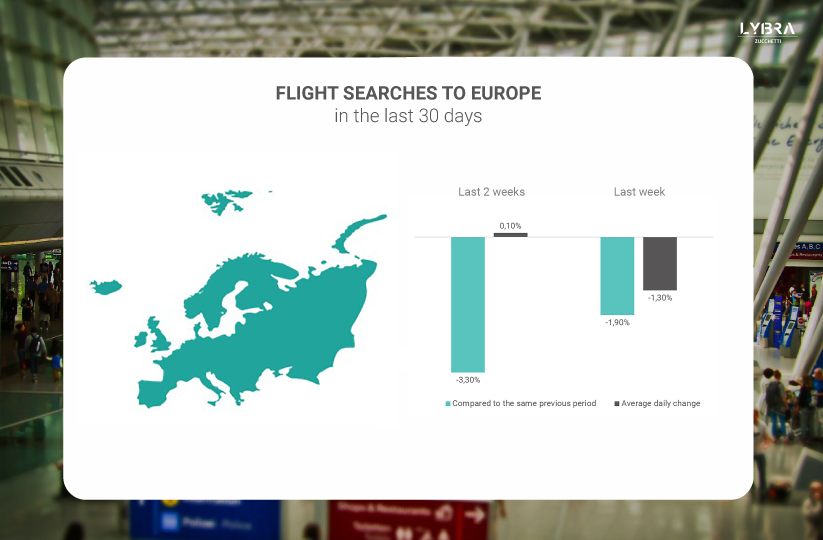The chaos in airports seems to have fallen like a tile on heads of holidaymakers, who have never before as this year resumed to travel and move around the world to recover what they missed in previous years. But after what has happened in the last few days, we know very well that the airport crisis was a predictable one. No one had noticed, given the heat of the “restart”, that the air sector was still suffering the repercussions of the pandemic.
As travelers returned to book flights with the only thought of dribbling the targets with health restrictions, airports and airlines collapsed under the weight of a demand they could never meet. The main cause of this collapse was the massive dismissal of workers (both land and air) started in 2020 and lasted until 2022: this led to a severe staff imbalance that caused strikes, disruption and cancellations.
This is normal, you might say, in this still unstable period but we have not yet come to a reckoning. Although the situation seems to have calmed down in some countries, for others it is still critical: in Italy, for example, the air transport strike ended thanks to the recent interventions of the government and thanks to the halt in redundancies during the pandemic, while in the United Kingdom, Brexit has definitely worsened the situation in hirings.
WHAT DO TOURISTS THINK ABOUT THIS SITUATION?
It was the tourists who paid the price of this stalemate: hours of waiting at the airports, last-minute cancellations and non-refund of tickets have turned many people’s holidays into hell. And the ones who were planning a trip, were undoubtedly afraid of living the same experience. By analysing flight search data from the largest international metasearch, we discovered that travellers (as expected) reacted negatively. Flight searches, which reflect the desire to book a flight and organise a holiday abroad, have decreased due to fears of staying on the ground and the increase in ticket prices.
It must be said, however, that the negative reaction of demand has been fairly contained: during the last thirty days (19 June – 18 July), searches for flights to Europe decreased by -4.5% compared to the previous thirty days; and the same variation was -3.3% in the last two weeks. The situation changes from one country to another: leisure destinations are those that have recorded a greater decrease, such as Turkey which in the last two weeks has recorded a variation of -7.9%, Spain (-5.6%) and Italy (-5.0%). For the Central European countries, however, such as the Netherlands, Germany and France, the reaction was smaller, respectively by -3.0%; -2.6% and -1.9%.
The fear of being stuck at the airport has undoubtedly slowed down travel demand but not to the point of blocking the recovery phase. Despite the international reach of this event and despite the serious inconvenience experienced by tourists, users around the world have shown that they are quite confident about the future. We do not, however, recommend singing victory: the air transport crisis is still far from being resolved.










